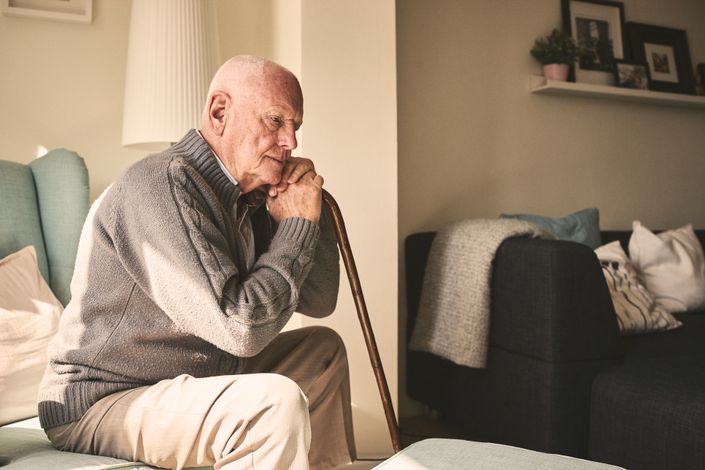
Approximately 40% of people with Parkinson's disease have apathy.
Contrary to popular belief, apathy is more closely related to cognitive decline than it is to depression. In this class, I'll discuss:
- The difference between apathy and depression
- Why it matters for people with PD
- Implications for loved ones (Major source of caregiver burden.)
- Treatment suggestions
"That is fascinating information about Botox and it's effects."
"Laurie, your presentation is delightful: well-organized, clear, easy to understand and provided in bite-sized chunks.”
Your Instructor

Laurie Mischley studied naturopathic medicine (ND) at Bastyr University and epidemiology (MPH) and nutritional sciences (PhD) at the University of Washington. Her work is focused on identifying the nutritional requirements unique to individuals with neurodegenerative diseases. She has published on coenzyme Q10, lithium, and glutathione deficiency in Parkinson’s Disease (PD).
For the past decade, she has been lead investigator of the Modifiable Variables in Parkinsonism (MVP) Study (www.MVP-Study.com), a global observational study designed to describe the secret(s) to success in a real-world population.
She has maintained a clinical practice in Seattle for over two decades, caring for thousands of patients with Parkinsonism.
